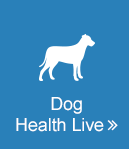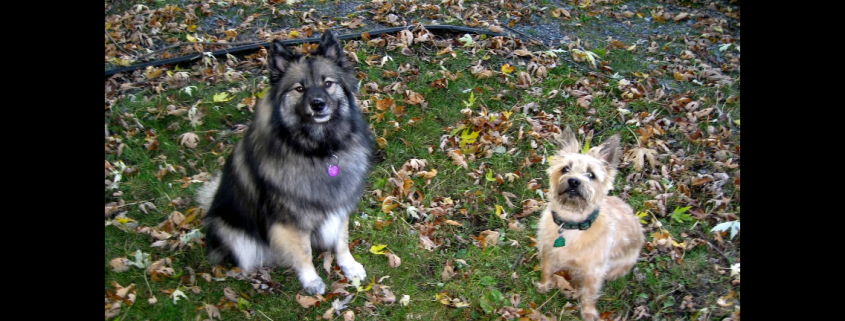Calcium Deficiency in Dogs
As children we learned that we need to drink our milk because we need calcium for strong bones and teeth. While that is true, there are a variety of reasons why Calcium is critical to the health of people and our furry companions. Calcium is a mineral and considered an essential nutrient for dogs, meaning dogs must consume it in their diet. The Association of American Feed Control Officials say that adult dogs need 0.6% of their total diet to be calcium. Calcium levels also need to be balanced with phosphorus. Ideally, dogs should get 1.2 parts calcium for every 1 part of phosphorus. Sources of calcium include bones, dairy, organ tissues, meat and legume plants.
Calcium is a type of mineral that is categorized as an electrolyte. Electrolytes regulate the fluid concentration in your dog’s cells and help conduct energetic impulses within their body. Cells use calcium for sending signals, contracting muscles (including the heart!) and sending / receiving neurotransmitters. Calcium even plays a role in blood coagulation. Most dietary calcium is used in the structure of bones and teeth, so the most common disease associated with calcium deficiency is rickets – a condition where the bones become soft and fragile. Other symptoms of calcium deficiency include muscle twitching, restlessness, stiffness, lethargy, panting and convulsions.
While a diet that does not provide enough calcium can certainly lead to deficiencies, one of the more common reasons dogs could be lacking calcium is due to kidney failure. When the kidneys are not working properly, they throw off the calcium/phosphorus balance in the blood resulting in increased phosphorus and kidney enzyme levels. Another cause of calcium deficiency can come from a damaged parathyroid gland if a dog has thyroid surgery. The parathyroid gland produces hormones that regulate blood calcium levels so if it is injured it cannot function properly. Additionally, mother dogs who are nursing puppies will have a higher need for calcium in their diet because they are losing large amounts in their milk.
Feeding a good quality diet with adequate levels of calcium and a good multi-vitamin with minerals can help reduce any chances of nutritional deficiencies.
Studies
Prediction of serum ionized calcium concentration by serum total calcium measurement in cats.
Factors affecting hypocalcaemia following total thyroidectomy: a prospective study.


